Engineering activities are connected with over 65% of Australia’s Direct Greenhouse Gas Emissions.1
As such, engineering teams have a responsibility to actively support the transition of our economy towards a low carbon future. This begins with honestly and loudly declaring a climate and biodiversity emergency.
Meeting the needs of our society without breaching the earth’s ecological boundaries demands a paradigm shift in our activities and our behaviours. Together with our clients, we will need to design and implement systems, infrastructure and technologies that can contribute to constantly regenerating and self-sustaining economic and ecological systems.
The research and technology exist for us to begin that transformation now, but we need to work together.
Recognising this, we commit to strengthening our work practices to create systems, infrastructure, technology and products that have a positive impact on the world around us. Our profession is respected for its problem solving abilities. It is time for us to take a stronger
leadership role in addressing our world’s most pressing problems.
Our Declaration
We will seek to:
– Evaluate all new projects against the environmental necessity to mitigate climate breakdown, and encourage our clients to adopt this approach.
– Advocate for faster change in our industry towards regenerative design practices, that respect ecological limits whilst enabling socially just access to resources and services, and a higher governmental funding priority to support this.
– Advocate for and undertake 21st century economic assessments that take a whole-of-system, whole-of-life approach, and take into account the implications of expanding beyond ecological ceilings and failing to meet fundamental human rights and social justice obligations.
– Join with other professions and work with government to develop a stronger and more comprehensive whole-of-government response to the climate emergency.
– Collaborate with policy makers and planners, contractors and clients to further these broad outcomes.
– Learn from and collaborate with First Nations to adopt work practices that are respectful, culturally sensitive and regenerative.
– Upgrade existing infrastructure and technology for extended use when the opportunity arises for carbon emissions reduction.
– Accelerate the shift to circular economy principles (e.g. minimise wasteful use of resources) and low embodied carbon materials in all our work.
– Implement climate change and biodiversity loss mitigation principles.
– Raise awareness of the climate and biodiversity emergencies and the urgent need for action in our organisations and networks.
– Track and share stories of success as individuals and companies make climate positive choices, building pride and solidarity in the engineering sector and our role in delivering a healthy planet.
– Share knowledge and research to that end, on an open source basis.
We acknowledge that First Nations peoples have long espoused the cultural, social, economic and environmental benefits embedded in the holistic relationship of Caring for Country. We respect and embrace this perspective.
Signatories
Individuals – we invite engineers and engineering students in Australia to sign
Organisations – we invite organisations with core capacity in engineering in Australia to sign

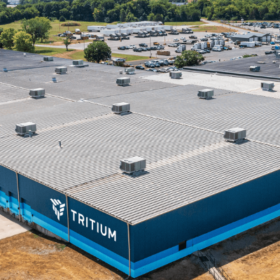
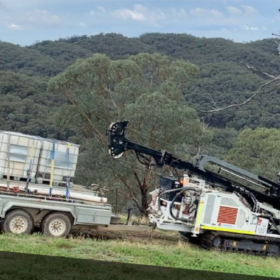
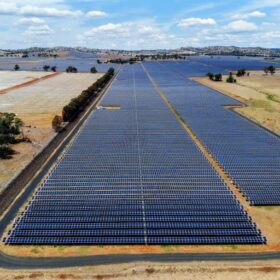
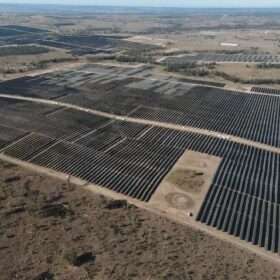
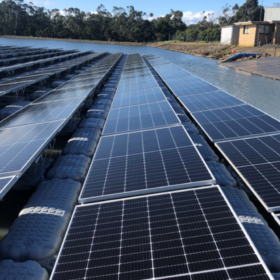
By submitting this form you agree to pv magazine using your data for the purposes of publishing your comment.
Your personal data will only be disclosed or otherwise transmitted to third parties for the purposes of spam filtering or if this is necessary for technical maintenance of the website. Any other transfer to third parties will not take place unless this is justified on the basis of applicable data protection regulations or if pv magazine is legally obliged to do so.
You may revoke this consent at any time with effect for the future, in which case your personal data will be deleted immediately. Otherwise, your data will be deleted if pv magazine has processed your request or the purpose of data storage is fulfilled.
Further information on data privacy can be found in our Data Protection Policy.